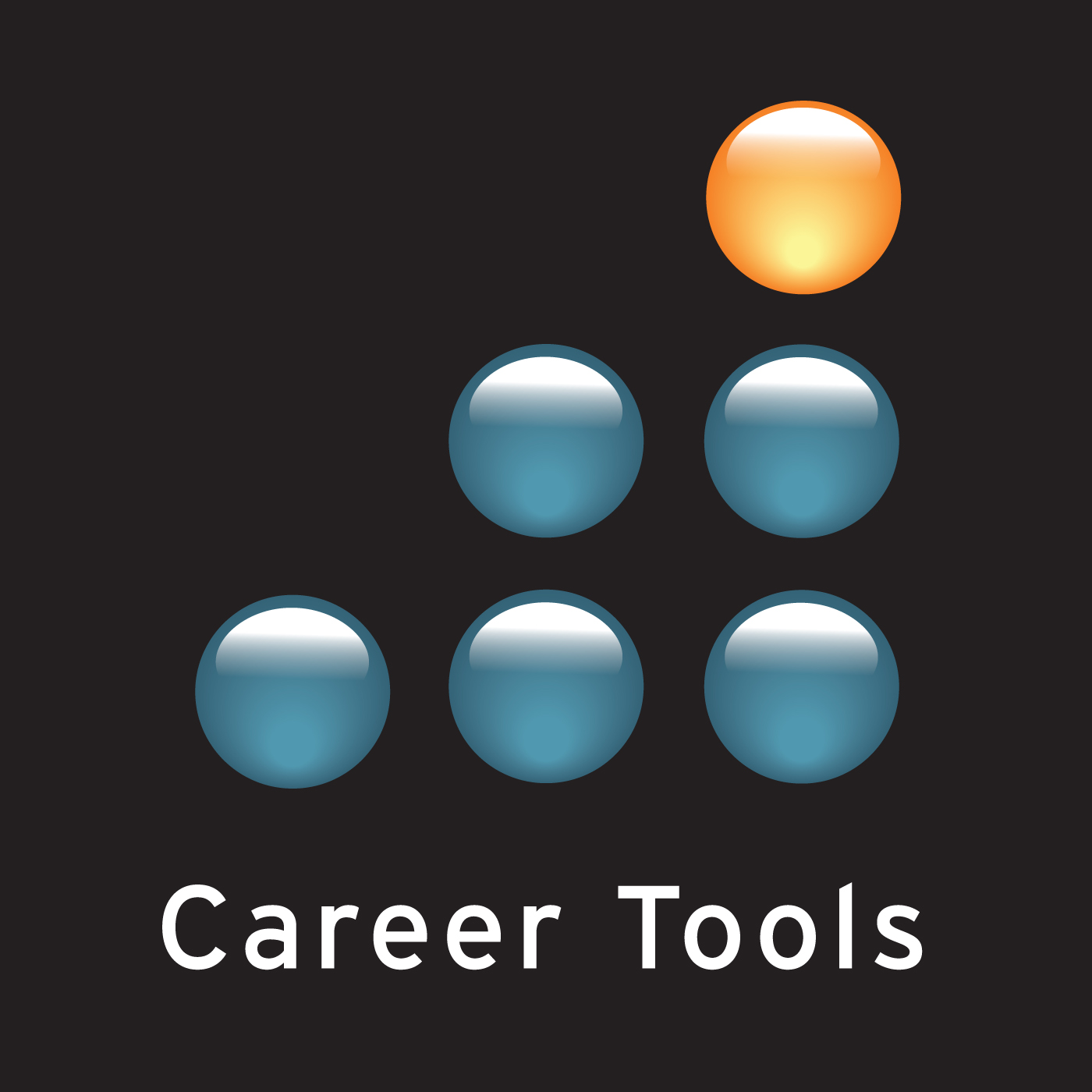Some good material, but not applicable in every industry, and not always right style
☆
☆
☆
☆
☆
“I have been a big follower of books on professional development for a long time. Career Tools covers a lot od what I have read in these books, and a lot more. So a lot of is good.
What I don't like is that I work in research and development of the pharmaceutical industry, and some of the advice they give isn't always applicable. They emphasize results, which are important, and talk about how we shouldn't list failures - but in our business, sometimes you work on a failing project, but you need to cover the HOW of what you did. Also, in our business, companies are looking for you not because of results, but based on the dosafe forms and techniques you've used. A result like, "Obtained FDA approval for XXX drug," means much less than "Successfully used Mass Spec to analyze an impurity leading to successful approval of XXX." In all their examples and such, I have never heard them list a pharmaceutical example, and I just don't think they have much advice on projects where the outcomes are so uncertain, where moving forward is based on many committees instead of a single boss, timelines get easily moved, where costs are harder to predict, where your PhD employees are so specialized and hard to find, and where it is all dependent on a regulatory agency.
Another thing applicable to the pharmaceutical industry is the 1 page resume. You can't, not when you list publications for those us that are PhDs.
Another thing, which comes back to the feedback model more so in Manager Tools, is where the manager is taught to discount a direct talking about his good intentions when given negative feedback. In pharmacuetical R&D, I'm finding that if your manager is upset about something, it almost always have to do with differences in risks. Manager thought one risk was important, direct thought another. It IS important for the direct to talk about it with the manager, so they can get straight -- I know many PhDs that would walk out if the manager discounted them the way Manager Tools instructs them to, because in most cases, the PhD worker knows much more about it than the PhD manager supervising them,
The second thing I don't like is the "listen to us, everybody else is wrong" attitude. Often what they do is say what everyone else is saying, and then make a sarcastic comment about how all those people are wrong, without that much to back it up. Somestimes they are right, but I find this a big turn off.
Instead what I do is I listen to it, and take it in. Some I agree with, some I don't. They're podcast on how to list accomplishments was very useful, but then I realized what I wrote above, and modified as such. At one time I did subscribe to their Premium service, but would not anymore.”Read full review »
PharmRD222 via Apple Podcasts ·
United States of America ·
04/02/12
More reviews of Career Tools
☆
☆
☆
☆
☆
“Manager tools and career tools have transformed me to a much better manager”
a huge fan x via Apple Podcasts ·
Canada ·
09/02/16
☆
☆
☆
☆
☆
“Very sound principles and advice in this podcast. They speak from experience and from the heart. One of the best career podcasts available....”
BrentGreen via Apple Podcasts ·
United States of America ·
06/04/11
“MT and CT podcasts are two of my absolute favorites. They’re run by two ex-military guys who have a great grounding in managing from a place of love. Weird, huh? At the same time, their advice is extremely actionable, and prevention-based. I’ve only fundamentally disagreed with a couple of...”Read full review »
Kohl Gill via Apple Podcasts ·
United States of America ·
09/18/10
Do you host a podcast?
Track your ranks and reviews from Spotify, Apple Podcasts and more.
See hourly chart positions and more than 30 days of history.
Get Chartable Analytics »
See hourly chart positions and more than 30 days of history.


